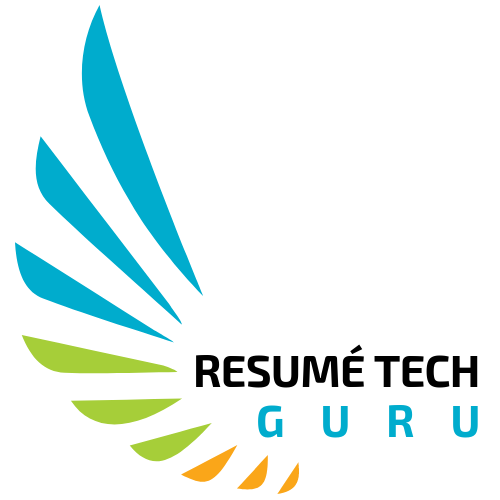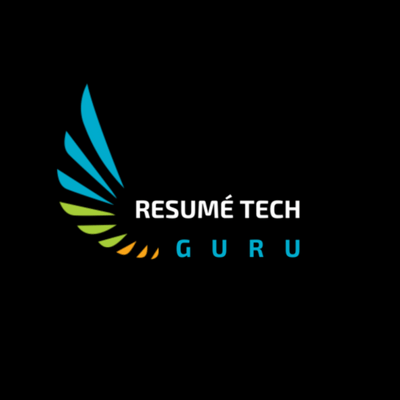Someone recently on LinkedIn voiced their opinion about the fallacy of a personal brand. Quite indignant with a statement alluding to the facts we are humans vs. products. More power to her for having a perspective but the financial reality is billion dollar ecosystems exist related to personal branding. My take is go with what works best for you. For me, I’m all in on personal branding since I’ve benefited from it within my career. So what exactly is a personal brand? Let’s start with the familiar notion of a brand.
Brand Value
How many of you have heard of Chanel? For most women, the Chanel logo is iconoclastic and according to Forbes Chanel has a $9B brand value: “Chanel is a privately held company owned by the grandsons of Pierre Wertheimer, who was an early business partner of Coco Chanel. Its products cover clothes, fragrances, handbags and watches.” On the same list Apple ranked #1 with a $205.5B brand value which was a 12% increase year-over-year. Ironically when it comes to pricing, you can wear both on your wrist while Chanel will cost you more than an Apple Watch. Beauty over function at a price. A former boss would always use sports analogies go figure with a predominantly male sales team to which I would protest retail therapy was a better way to my heart.
Speaking about Apple, U.S.A. Today published an article last October citing the world’s most valuable brands are companies like Apple, Google and Amazon. “24/7 Wall Street reviewed Interbrand’s report, Best Global Brands 2018, in which the brand consultant group, a subsidiary of advertising conglomerate Omnicom, evaluates global brands based on a range of factors, including: how well a brand is known, how well it is regarded, and how much it contributes to the parent company’s financial success.” Think of Starbucks mermaid, McDonald’s arches, and the Amazon “A” which you see online, at retail storefronts, within emails, and packaging. For me these brands evoke sentiments regarding quality, confidence, enjoyment, good value, and contempt. The last item might sound harsh but one of my former go-to brands has proceeded to continuously eliminate each of my favorite items from their menu while increasing prices. Harrumph.
Which brings me to your personal brand, do you evoke a positive or negative vibe? For me, it depends on the audience but to be clear we don’t have 100% ardent fans. My advice is to surround yourself with supporters and reach out to companies in your job search that have missions and values you admire. After all, you will be hanging out there physically and mentally more than 60 hours weekly.
Point of View (POV)
When people encounter you within the business environment whether in person, phone calls, emails, blogs, or LinkedIn, how would they describe you or value your collaboration? Every day we position ourselves for work or personal needs. Within the professional environment encounters with colleagues, clients or management include positioning your thoughts or ideas to gain mindshare or sway opinions. The net result ranges from developing relationships, winning business, garnering job promotions or retaining your job. Whenever I work with a new client, I ask them why they selected me because it helps me better position myself going forward to reinforce positive aspects of my personal brand. What clients most appreciate is that I customize a proposal to their needs after evaluating their request and online presence on LinkedIn or their personal web sites. Women appreciate I’m the same gender while others consider my tech career management experience for advising them on their next career adventure. On the client questionnaire I ask them to provide 5 adjectives that others would use to describe them. It’s an intriguing question with a range of responses and helps me position their personal brand online and within their resumé. Responses typically are positive such as “responsible” and “trustworthy” although a recent client jotted down a negative attribute related to their Emotional Intelligence. Perhaps the reason for no promotion? I believe so but you can overcome with work and guidance. Knowing your handicaps is the first step in improvement.
Personal Branding Tips
Members of the Forbes Agency Council developed the following tips for developing a strong personal brand:
- Embrace authenticity
- Give to receive
- Start yesterday
- Focus on your superpower
- Develop a distribution on LinkedIn
- Showcase your personality
- Try video
- Remain consistent
- Understand your values
- Determine what your interested in
My favorite tip is focusing on your superpower. Do you know what yours is? If not, it’s time to poll your friends and mentors. Asking my husband he believes my business superpowers are research and analytical analysis which are a common bond for us. We love an Excel spreadsheet and in-depth reading. Another favorite tip from the above list is determining your interest which for me has evolved over time. After an early retirement three years ago, I volunteered as a career consultant at Dress for Success which prompted friends asking if I could help them out. Better yet, they were willing to pay for my expertise in uncovering their next career opportunity, developing an elevator speech, creating a resumé, writing cover letters, and overhauling their LinkedIn profile. Bingo! A consulting practice was born within six months of business case development based upon competitive analysis, industry research, expert feedback, networking, pricing strategy, seminar presentations, and trial runs. I’m still a work in progress while I enjoy collaborating with my smart and thoughtful clients.
Projecting Yourself
Within a career environment, your personal brand can help you land your dream job. Thinking about how you come across, I recommend paying attention to the details that project your personal brand. These vary on your career path so I reiterate the following notes are for those seeking Fortune 2000 management positions.
- LinkedIn: When was the last time you updated your profile? If you’re looking for a management job, 80% recruiters will be looking at your profile whether or not you applied via executive recruiter, LinkedIn, CareerBuilder, Indeed, The Ladders or the corporate website. Do you show a smiling professional photo? Yes, you can use an Android or IPhone camera shot, just please make sure it has you in a professional pose without your friend’s shoulder nor the family pet. Those are great for Instagram or Facebook.
- Phone Etiquette: If someone actually calls you in the days of texting, how do you answer the phone or record your voicemail? I follow the lead of my executive mentor with, “Hello, this is Monique Montanino.” It portrays confidence vs. the curt “Hello.” The same applies to joining a corporate conference call.
- Personal Website: If you have one related to business, fabulous. If you have one related to personal hobby, awesome. Just make sure your personal beliefs aren’t offensive to a potential employer’s values or mission. If you think that’s ridiculous, it has diminished the promotions of several of my colleagues. It’s a balancing act for their rights of free speech. At Fortune 2000 companies, they have employee training stating the only employees who can speak to the media are the PR folks. Even executives go through media training although there are examples of some who relish their outlandish comments. Wall Street doesn’t necessarily embrace so something for you to think about for your own bottom line.
- Social Media: How did the world exist before Facebook, Instagram, and Twitter? It did as I can attest not having active accounts until recently. My advice targets my client base in tech and IT seeking the managerial and executive promotion. Specifically, keep your social media accounts private while you job hunt. What you believe is your right to communicate could potentially be at odds with an employer. Once again from a job search perspective, I’m recommending keeping your thoughts to your friends. You can always go back to public access after you secured the job. On the flip side for some of my consulting and coaching colleagues they are very vocal about their personal beliefs which attracts their clients, it’s their niche. I applaud them for their strategy and results.
- Correspondence: Corporations provide auto signature email blocks for their employees to use including name, title, address, phone, email, and logo. I suggest you create one for your Outlook or Gmail personal account and cover letters when corresponding with recruiters, hiring managers, and professional colleagues. It not only looks more polished but provides easy contact information. When’s the last time someone sent you an email, received a request to call or text, and then had to search for the phone number? Remove that burden for others in your job search to contact you.
- Resumé: If you haven’t written a resumé in a couple of years, take the time to Google best resumé advice or hire an expert. If you are applying online Application Tracking Software (ATS) won’t appreciate the following: color, photos, inserted graphic lines, columns, nor items in footer or header. By contrast, ATS embraces white space, normal margins, professional summary, key words list, and job description with bulleted accomplishment metrics that provide your potential employer with the reasons why they should hire you to meet their objectives. You can check out how you measure up to ATS and your desired company by using a free tool found at Jobscan which assesses how your resumé stacks up to a job posting.
Thank you for reading my blog. Take the best points and implement one this week for your next career adventure. Land your dream job, you deserve it!



